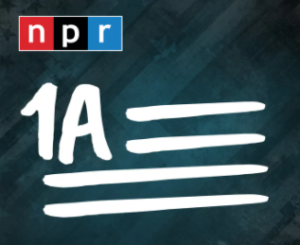 Volume 399, Issue 10338
Volume 399, Issue 10338
14 May 2022
WORLD REPORT Health and human rights groups are concerned that many states would outlaw abortion if the Supreme Court topples Roe v Wade. Susan Jaffe reports.
Protests and celebrations erupted across the USA following the unprecedented leak of a draft Supreme Court decision that would overturn the court’s 1973 landmark Roe v Wade ruling establishing a woman’s right to a safe and legal abortion. …“States are already working together to create enormous abortion deserts that many people will not be able to cross”, said Nancy Northup, president and CEO of the Center for Reproductive Rights. [Continued here.]

 The Jan. 25 ruling, which came in response to a 2011 class-action lawsuit eventually joined by 14 beneficiaries against the Department of Health and Human Services, will guarantee p
The Jan. 25 ruling, which came in response to a 2011 class-action lawsuit eventually joined by 14 beneficiaries against the Department of Health and Human Services, will guarantee p
 must spend on residents’ direct care and imposed limits on what they can spend elsewhere, including administrative expenses, executive salaries and advertising and even how much they can pocket as profit. …
must spend on residents’ direct care and imposed limits on what they can spend elsewhere, including administrative expenses, executive salaries and advertising and even how much they can pocket as profit. …